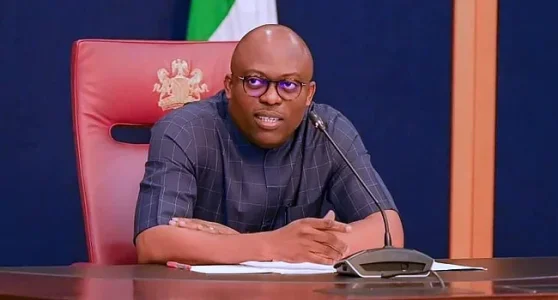
A respected UN expert and former Ugandan judge, Lydia Mugambe, has been sentenced to six years in a UK prison for modern slavery. But this isn’t just a fall from grace—it’s a moment that prompts more profound questions. Her conviction reveals how deeply abuse can be embedded in systems of power. For Nigerians at home and abroad, especially migrant women, this story has urgent relevance and uncomfortable truths.
- Modern Slavery Isn’t Just a Buzzword
Mugambe's case shows that trafficking and forced labour still thrive in subtle, often hidden ways. Her victim, a young African woman, was promised education but ended up in domestic servitude. How does such exploitation persist behind closed doors? And how do promises become tools of control? - When Authority Fails Integrity
The fact that Mugambe was a UN human rights expert raises a difficult question: Why doesn’t authority always align with integrity? Her case invites scrutiny into how international institutions vet and monitor their representatives. Can systems built to protect be manipulated by those within them? - The Silencing of the Vulnerable
Far from home and dependent on her abuser, the victim had no safety net. Her isolation mirrors the experiences of many Nigerian migrants abroad. Why do so many of these stories remain hidden? What makes it so hard to speak out when help is most needed? - Nigerians Abroad and the Weight of Dual Risk
Nigerian migrants often carry the burden of both external prejudice and internal betrayal. How do you find safety when those who share your heritage may also exploit your trust? Mugambe’s conviction is rare. What does that say about the countless others that never come to light? - What Institutional Silence Reveals
The UN and Ugandan judiciary have not publicly commented. What does this silence communicate to survivors and the public? When institutions choose not to speak, whose voice gets heard? - Could This Be a Turning Point?
This case could lead to vital reforms: stricter vetting, better support for domestic workers, and real accountability. But will it? What would it take for global institutions to prioritise prevention over damage control?



